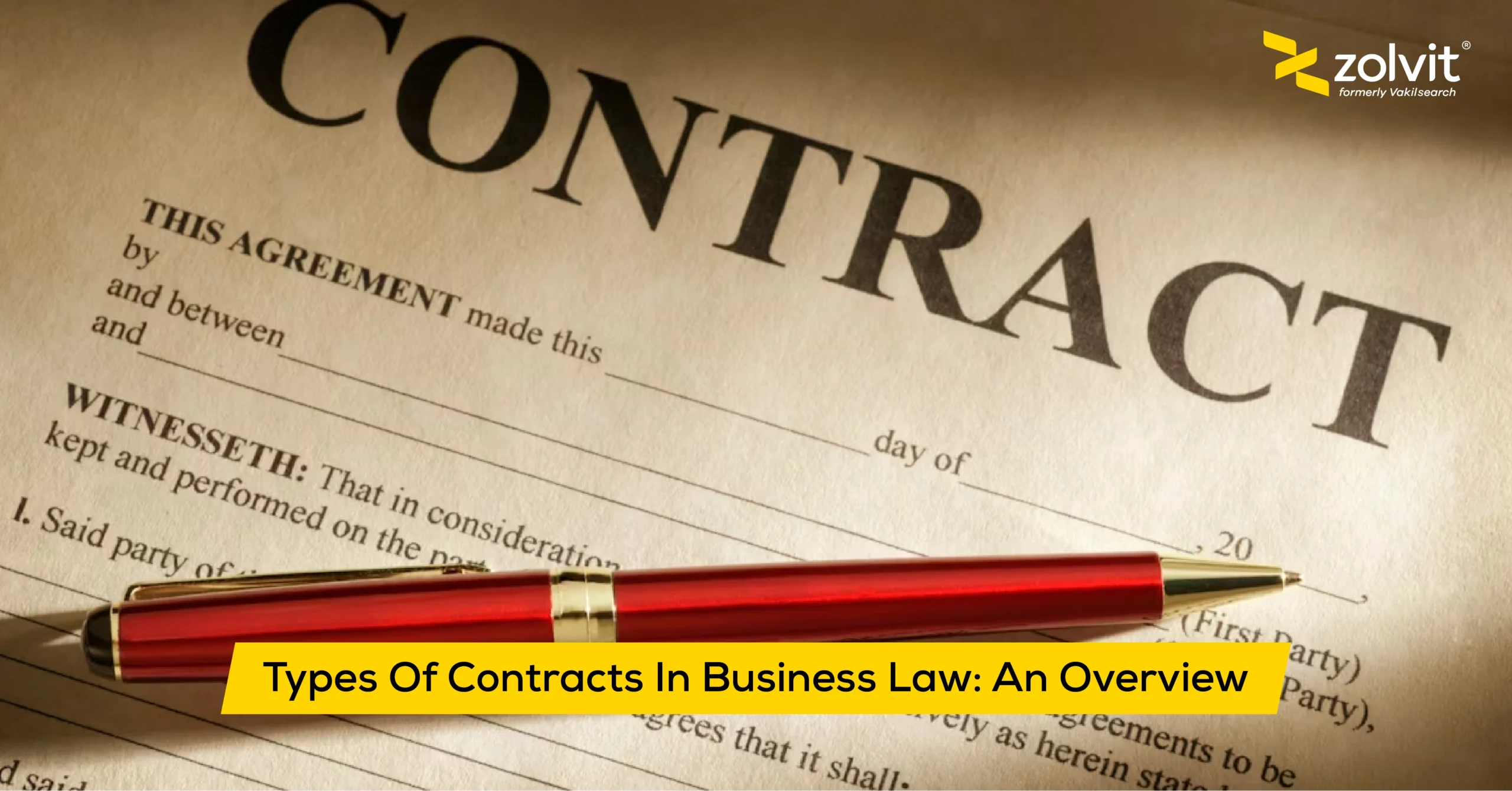There are a lot of ways to embezzle money or assets, each with its own method. The following are seventeen types of embezzlement, with other forms that might apply:
Kickbacks
Employees or officials receive funds or benefits in exchange for facilitating or facilitating a transaction, contract, or agreement. Often, this is done secretly and is considered bribery.
Payroll embezzlement
A situation in which an employee manipulates the payroll system to illegally divert funds, such as creating fake employees, inflating hours, or issuing unauthorized bonuses.
Lapping
The act of concealing the theft of cash by using funds from one account to cover the theft from another account.
Cheque Kiting
Embezzlers use the float time between bank accounts to create artificial balances and temporarily inflate account funds, allowing them to withdraw funds they do not possess.
Siphoning
It involves diverting small amounts of money from multiple transactions, usually from cash registers, without leaving obvious discrepancies.
Charity Embezzlement
A situation in which individuals in charge of managing charitable funds or resources divert them for their own use, often under the guise of legitimate expenditures.
Card Skimming
Involves using a device to illegally capture credit or debit card information, typically at ATMs or point-of-sale terminals, to steal funds from accounts.
Overtime Embezzlement
Occurs when an employee falsifies records to claim overtime pay for hours they did not work, resulting in unauthorized payments.
Misuse of Credit Card
Uses a company's credit card for unauthorized personal purchases or expenses.
Ponzi Schemes
When returns to earlier investors are paid out of new investors' money instead of profits, the scheme collapses when the new investments run out.
Stealing Cash
Stealing money directly from an employer or organization, often from petty cash funds, safes, or cash registers.
Bank Records Manipulation
A method of concealing funds misappropriation that involves altering or falsifying bank records, such as altering deposit slips, withdrawal records, or transaction histories.
Credit Card Statement Fraud
A fraudulent or manipulative use of a credit card statement to conceal unauthorized purchases or inflate expenses for reimbursement purposes.
Expense Report Fraud
A fraud that occurs when employees submit false or inflated expense reports in order to receive reimbursement for personal expenses or in order to steal funds from their employer.
Falsifying Business Records
It involves altering or creating false business records to conceal embezzlement of funds, such as falsifying invoices, purchase orders, or financial records.
Fraudulent Disbursements
A process in which funds are diverted from the company for personal use, often by using fake invoices, unauthorized checks, or electronic transfers.
Stealing Physical Assets
Apart from cash, embezzlement can also involve stealing physical assets, such as inventory, equipment, or other properties owned by the employer.







